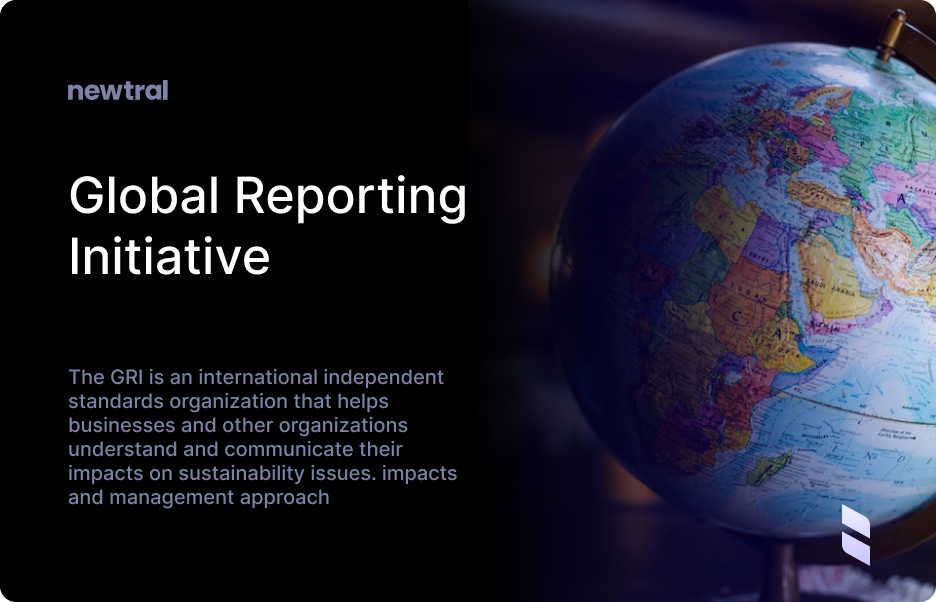Importance of Sustainability Reporting
Sustainability reporting based on the GRI Standards enables organizations to provide information about their positive or negative contributions to sustainable development. This transparency and accountability helps inform stakeholders and supports greater organizational transparency. Comprehensive GRI-based reports provide a well-rounded picture of an organization's material issues and how they are managed.
Key Reporting Standards
The GRI sets global standards for reporting, organized into different series:
- Universal Standards: General disclosures applicable to all reporting organizations
- Economic Standards: Impacts related to economic conditions
- Environmental Standards: Impacts on living/non-living natural resources
- Social Standards: Impacts on rights, labor, society, product responsibility
Aligning with Other Frameworks
The GRI works to increase consistency between its reporting standards and other frameworks such as:
- CDP (climate change, water, deforestation disclosures)
- Sustainability Accounting Standards Board (SASB) standards
- Task Force on Climate-related Financial Disclosures (TCFD) recommendations



.png)
%20png%20(1).png)